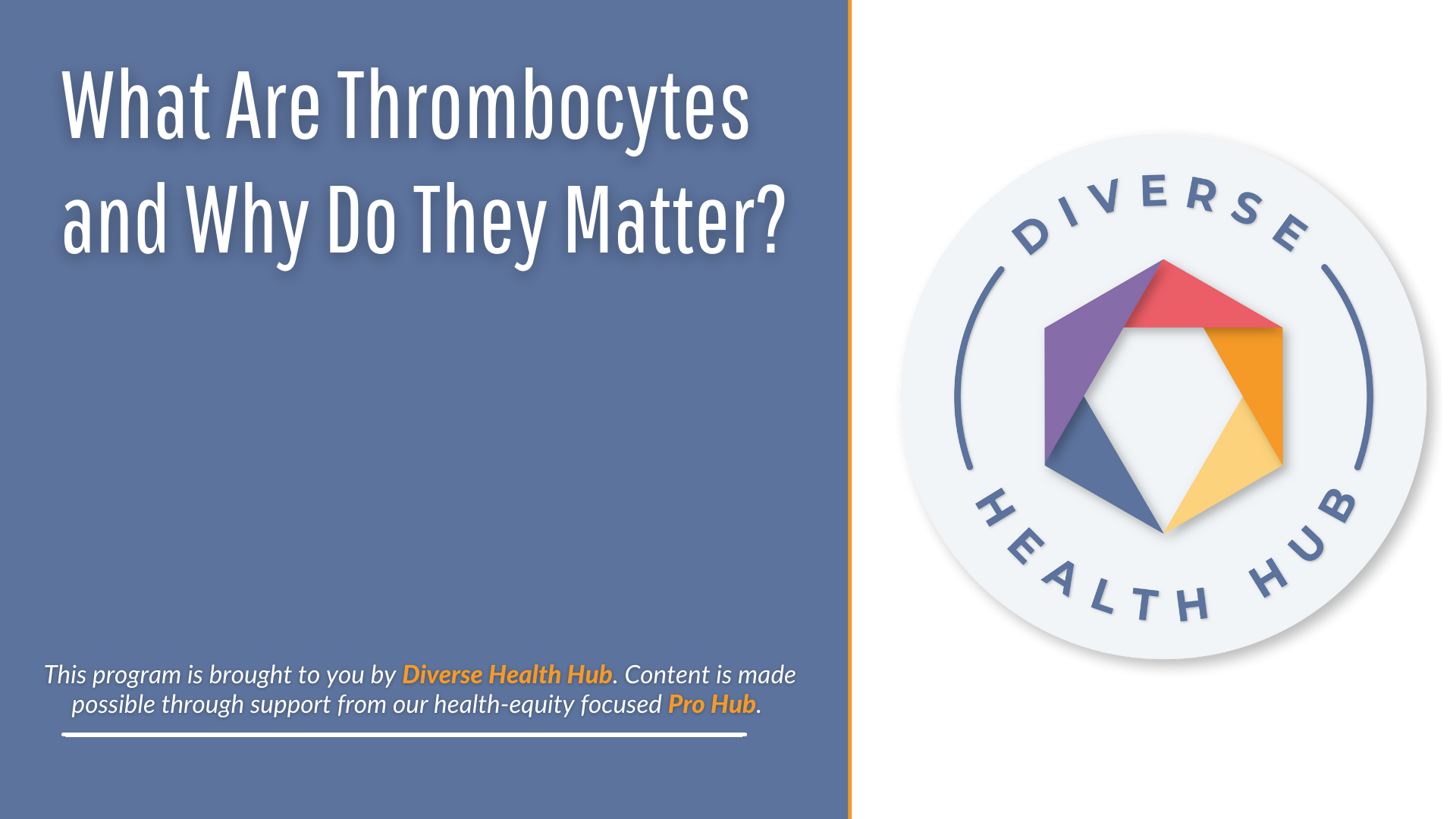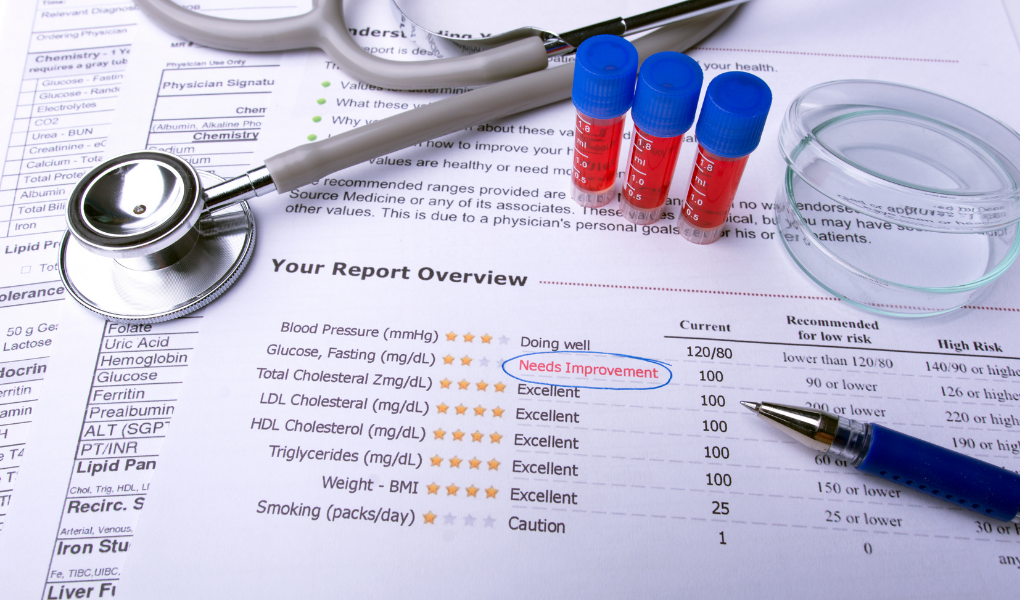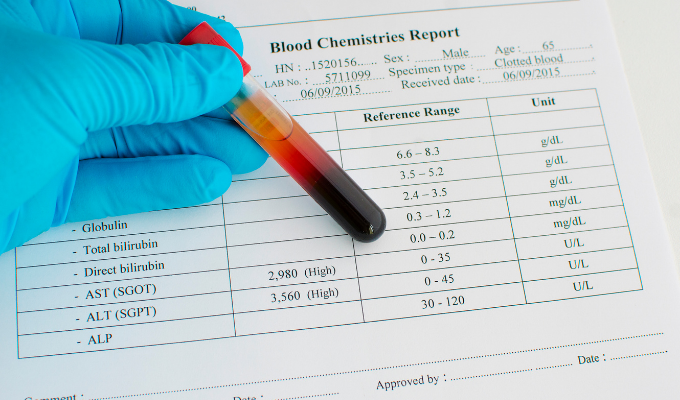What Are Thrombocytes and Why Do They Matter?

More Programs and Publications Featuring Dr. Kyle Riding
In this program:
What's the importance of thrombocytes in patient health? Watch as medical laboratory scientist Dr. Kyle Riding explains how thrombocyte levels can impact blood clotting and bleeding risks in patients.
Transcript
Leo Hesse:
Now, let's move on to platelets, also known as thrombocytes. Can you please tell us what these are and why they matter?
Dr. Kyle Riding:
Absolutely, platelets are the little ones in your blood that pack a big punch for keeping you safe at the end of the day. What platelets do is they're involved in blood clotting for your body, and they're just little little cell fragments. Inside of your bone marrow where all of these different blood cells are made, there are these big old cells called megakaryocytes, and those megakaryocytes are what these platelets are kind of derived from, they kind of slough off and it's almost like dandruff, so the megakaryocytes site almost has some dandruff and it becomes platelets. Now, those platelets circulate through your blood, and when a blood vessel gets damaged and there's bleeding going on, those platelets have what I call little velcro hooks on them, and that velcro hook will attach to that damaged blood vessels, velcro hook, and that will recruit and bring in other platelets, to form what we call a platelet plug, and that's the first item that helps stop a bleeding episode from occurring is this platelet plug.
Now, we have some chemicals inside of our blood that form a kind of gelatinous clot, almost act like mortar inside of the bricks that these platelets set down, and those two together are really stopping bleeding from happening. So platelets need to be at the appropriate levels in our blood, because when they're too low, we're at risk for spontaneous bleeding episodes, and when they're too high, that's just as bad because they can start clumping together when they're not supposed to, but I want to reassure all of you, if you ever see a little low flag or a little high flag on your lab results for platelets, don't panic, it takes a very low platelet count to be at risk for bleeding and a very high platelet count to be at risk for having a clot of platelets form inappropriately. All right, so don't panic too much about that, but that's their main function is helping with blood clots.
Leo Hesse:
Thank you, thank you very much for that. And for the curious out there like myself, can I, if I may ask what a very low number would be or what a very high number will be where we need to be concerned?
Dr. Kyle Riding:
Absolutely, so let's focus on what normal is, when we talk about this, a normal platelet count is typically 150,000 to about 400,000 platelets in every little microlitres of blood, so you have...you have millions and millions of these little platelets circulating through you at any time. We get truly concerned about bleeding when we start to see platelet counts dip below 100,000, but we're really concerned in taking special precautions for that patient when we see a platelet count less than 20,000, because at that point, there's a very increased risk for what we call intracerebral hemorrhaging or bleeding into the brain. Now, on the other side, in terms of the high value, it's going to be patient-dependent on where that risk really falls for having an inappropriate clot form because there's a whole host of other factors that play into that, but I certainly wouldn't be too worried about elevation between 400 or 500. Once you start getting 7,8, 900,000 platelets from microliters, your physician should certainly be taking notice of that, and if they're not, advocate and ask why.
The information on Diverse Health Hub is provided for educational purposes only, and is in no way intended to diagnose, cure, or treat any medical or other condition. Always seek the expert advice of your healthcare team.
Related Videos:































